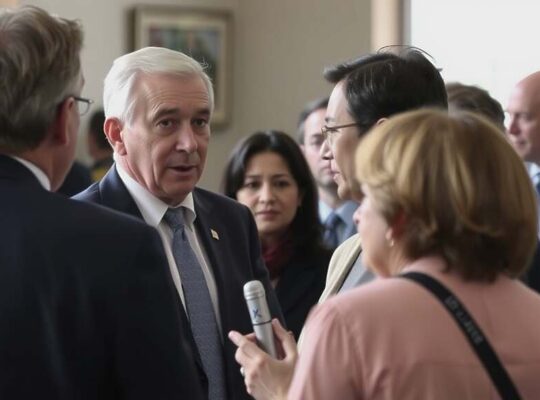The Munich-based Ifo Institute is advocating for a revised approach to German innovation policy. According to a new study released this week, fostering sustainable economic growth necessitates prioritizing support and innovation within key technological areas, including artificial intelligence, biotechnology, microelectronics and quantum technology.
Currently, government subsidies are largely directed towards large-scale projects undertaken by established companies. The Ifo Institute proposes a shift towards a “mission-oriented” innovation policy, which would focus on addressing significant societal goals – such as achieving climate neutrality or advancing digitalization – and stimulating competition for the most effective solutions.
The study highlights a trend of private Research and Development (R&D) spending concentrated in traditional industries like the automotive sector and mechanical engineering, while emerging technological fields remain comparatively underfunded. To reach the coalition government’s target of increasing annual R&D expenditure to at least 3.5% of Gross Domestic Product (GDP) by 2030, the Institute stresses the need to incentivize greater private investment in future-oriented sectors. A mission-oriented policy offers a potential route to achieve this by setting objectives without explicitly favoring specific industries.
The successful implementation of such a policy demands robust underlying conditions, including competent institutions possessing specialized knowledge, competitive elements in the allocation of funding and autonomy from short-term political considerations. The study also emphasizes the importance of improved conditions for startups and private investors. While acknowledging that a mission-oriented approach is not a universal solution, the Ifo Institute warns that without a strategic refocusing, Germany risks falling behind internationally in crucial future technologies.












